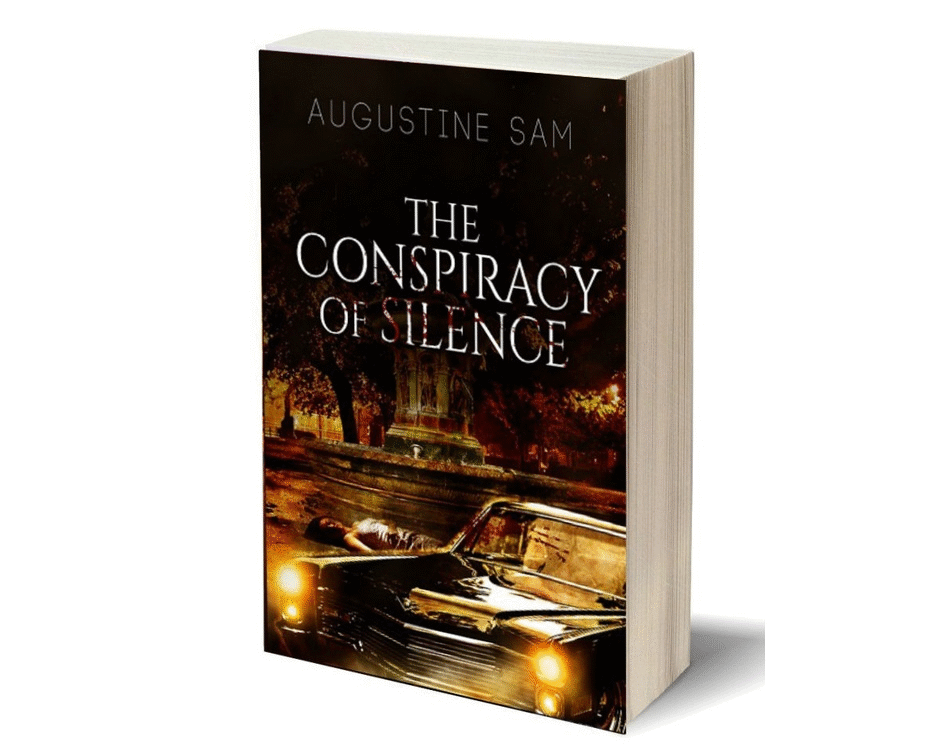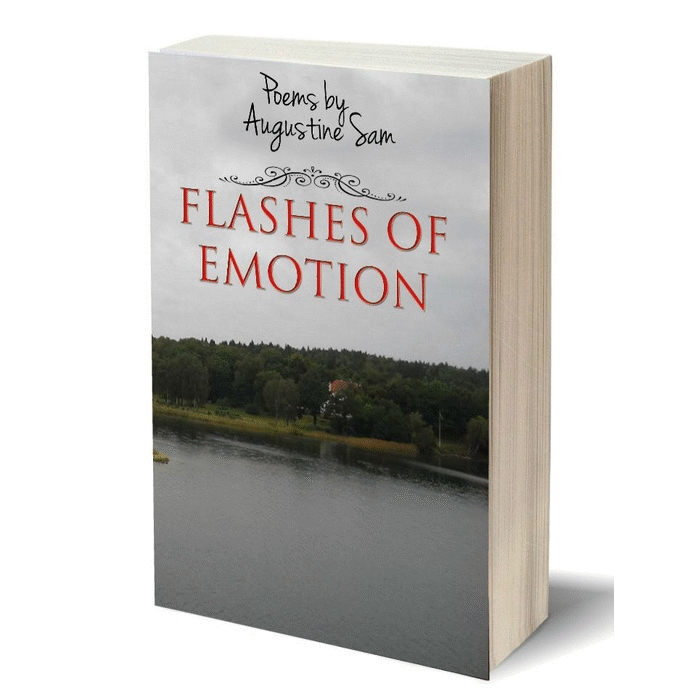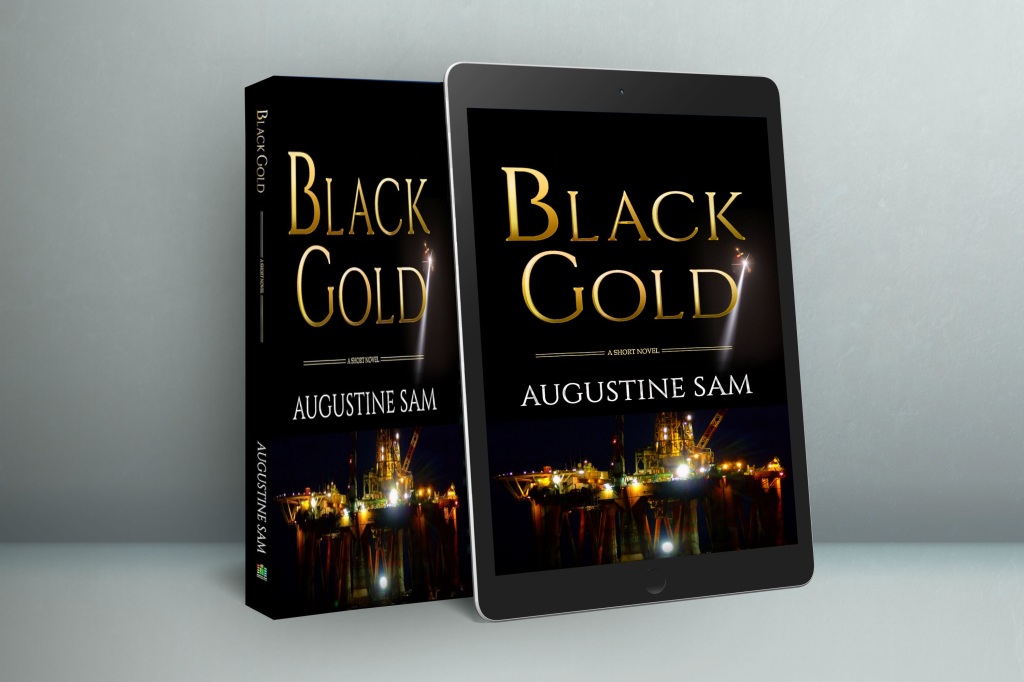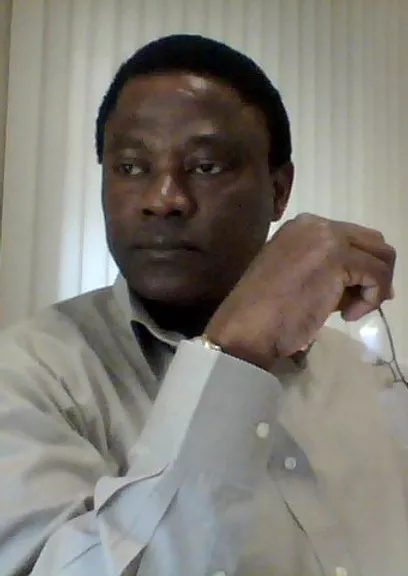Not many
people will argue with the assertion that the year 2020 will go down in history
as the worst year in living memory—from the unprecedented wildfire that started
in Australia in January, with 46 million acres burned, destroying the habitats
of more than 800 vertebrate species, taking the homes and lives of many people with
it. Then came the cruel murder of George Floyd, an unarmed black man on whose
neck a white Minneapolis police officer knelt until he had no breath left in
his lungs, which sparked racial unrest in the U.S. that spread across the globe,
with public properties and historic monuments destroyed in its wake. But 2020
was only just beginning to show its hand. Many western U.S. states, as if taking
their cue from Australia went up in flames and the Hurricane season broke a
slew of records. By then 2020 was all set to play its main card—Covid_19—the deadly
coronavirus that sprang to life in Wuhan, China, and then swept across the world
with unpredictable consequences, shutting down countries, closing borders, killing
millions, suffocating the global economy and sparking restlessness.
January
It began in
a familiar, erratic fashion, with tensions between the U.S. and Iran over the
killing of an Iranian military leader, Qasam Soleimani by a drone strike
ordered by President Trump. A surprising royal matter provided a scandalous
interlude on January 8, when the Duke and Duchess of Sussex, Prince Harry, and
his wife Meghan Markle announced they were stepping down as ‘senior’ royals and
left Britain, first to Canada and then to the U.S.
The U.S. soon returned to
its old ways with a Texas school shooting, followed by another in Aurora. There
was no time to absorb the news of the two shootings over the weekend. The Federal
Depository Library Program’s website was hacked by Iranians, who replaced it
with a picture of a bloodied President Trump, and posted pro-Iran messages.
February
An impeached
President Trump was acquitted on February 5, by the Republican-controlled
Senate, and three days later the president fired Lt. Col. Alexander Vindman who
testified against him at the trial.
The disgraced Hollywood kingmaker, Harvey
Weinstein wasn’t so lucky.
On February 24, he was convicted of raping an
aspiring actress and sexually abusing a TV and film production assistant. In an
unrelated case two days later, a disgruntled employee at Molson Coors in
Milwaukee, in keeping with the American tradition of gun madness, opened fire,
killing five people.
March
The
coronavirus, which arrived on U.S. soil in January, and downplayed by the
president, had, by March 4, affected 129 people, including cases not yet
investigated by the CDC - Center for Disease Control, with ten dead in the
state of Washington, and another in California, prompting the state to declare a
state of emergency. And as cases soared, President Trump signed an $8.3billion
aid bill. Meanwhile, there was an explosion in Los Angeles, a shooting in
Baltimore, a Teachers’ Strike in Minnesota, and the abolition of the Death
Penalty in Colorado.
April
It was no
April Fool joke when President Trump fired his senior official, Michael
Atkinson believed to be the whistleblower that triggered the President’s
impeachment trial. With coronavirus ravaging the country, some in California,
defying the stay-home order, organisìzed a house party in Bakersfield and paid
the ultimate prize when six people were shot.
May
On May, 16,
Trump fired the State Department Inspector-General, Steve Linick who had
previously begun investigating the secretary of State, Mike Pompeo for abuse of
power while in office. Ten days later, at an intersection in Minneapolis, a
black man, George Floyd was killed by a white police officer during an arrest
for alleged forgery, when the officer placed his knee on Floyd’s neck, ignoring
the latter’s pleas that he couldn’t breathe. Following the killing, protests
erupted all over America and quickly spread across the world, with the Black Lives Matter hashtag assuming a
new potency. Soon what started as peaceful protests degenerated into violent
confrontations with the police, burglary, destruction of property, and the
toppling of historic monuments, which quickly eclipsed the earlier sympathy
enjoyed by the protests against racial inequality in America.
June
The Black Lives Matter protests continued
unabated. On June 7, a man drove his car into a
group of protesters in Seattle. The man allegedly fired shots into the crowd,
injuring one person. On June 12, officers in Seattle expressed a desire to
return to their abandoned precinct which had been occupied by protesters who
called the area the Capitol Hill Autonomous Zone. City officials, either in
support or fear of the protesters, allowed them to occupy the area, denying federal
troops any entrance. And in response to the protests, Denver public schools decided
to cut ties with the Denver Police Department which had provided security for
the schools. On June 12, Louisville, Kentucky banned “no-knock”
warrants after a
black woman, Breonna Taylor was killed during a police raid months earlier, as
it emerged the Police had the wrong house and shot Taylor while she was
sleeping. On June 13, it was reported that 10 SWAT members in South Florida had
resigned, stating that they feel unsafe on the job amidst the protests. Meanwhile,
various police precincts voted to ban chokeholds as a form of restraint. Earlier in
the month, former Vice President, Joe Biden was officially announced as the
Democratic Party’s candidate for the upcoming Presidential elections after dominating
Super Tuesday.
July
Just two
days into the new month, federal officials arrested Ghislaine Maxwell in New Hampshire
for her alleged involvement with billionaire pedophile Jeffrey Epstein. Not
only was she charged with sexual crimes against underage girls, but
investigators also revealed there was a potential link between Maxwell and
Epstein's finances. Meanwhile,
as the coronavirus ravaged America and the BLM protests against police
brutality and racial inequality continued, gun violence surged in many cities
including Washington DC, New York, South Carolina, Chicago, and Atlanta.
August
Democratic
Party Presidential nominee, Joe Biden picked Kamala Harris as his running mate,
ending months-long speculation in the media. In Washington DC, President Trump’s
counsel, Kellyanne Conway resigned in a move triggered by her 15-year-old
daughter, Claudia Conway’s tweet that her mother had ruined her life. There were
also multiple shootings, continued protests against police brutality, a hot air
balloon crash, and an investigation into the operations of the USPS.
September
A federal
judge granted a temporary restraining order against the USPS that prevented it
from sending ‘false’ statements. Colorado sued the company anyway for ‘misinformation’
regarding its untrue and conflicting guidelines about the upcoming presidential
election mail-in ballots. The notable Supreme
Court justice, Ruth Bader Ginsburg died at the age of 87, and as speculated,
the Republican Party-controlled Senate decided it would fill the seat
immediately. It was no surprise then when President Trump announced Justice Amy
Coney Barrett as Ginsburg's successor. The
much-anticipated first presidential debate between Trump and Biden took place
on September 29, an event that turned out to be the most disgusting episode in
presidential debates.
October
After months
of playing down the coronavirus and holding political rallies and Rose Garden
events with no social distancing, and even mocking his Democratic opponent, Joe
Biden for wearing a mask, President Trump, his wife, Melania, his son, Barron,
and several members of his inner circle tested positive for Covid_19, which
made him and his administration a laughing stock on social media. He recovered
after a brief stay in the hospital, but the uncertainty created by the state of
his health resulted in the cancellation of the second presidential debate. Meanwhile, ahead
of the November presidential elections, record-breaking numbers in early voting
were reported in several states, with a dramatic increase in the number of
absentee ballots, and a boom in U.S. postal ballot requests.
November
On the first
day of the month, a group of marchers heading to the polls in North Carolina was
pepper-sprayed by the police to break them up when they held a moment of
silence. That same day, Missouri officials removed a noose from a voting
polling center. The following day, a federal judge ordered all USPS services to
expedite all ballots and guarantee a one or two days delivery even after
election day on November 3. By November
7, with votes still being counted and President Trump alleging voter fraud,
requesting manual recounts in key swing states, various news outlets, called the
election for Democratic Party candidate, Joe Biden based on the projected
electoral college votes of 279 for him, with Trump at 214 electoral college
votes. Determined not to concede, Trump mounted legal challenges, over fifty of
which were thrown out by both state and federal judges for lack of evidence.
December
A federal judge ordered the Trump
administration to reinstate DACA, a program aimed at preventing the deportation of an estimated 700,000
undocumented immigrants called ‘dreamers’ who were brought to the U.S. as
children.
On December 9, the
courts again rejected a bid by Trump lawyers to overturn the election result in
Pennsylvania, though the President continued to seek recounts, so far, with no
results overturned. On December 11, in another blow to President Trump, the
Supreme Court rejected Texas’ bid to block thousands of ballots. Soon afterward,
the electoral college convened and finally confirmed Joe Biden’s win. 
On December 14, a
Trump loyalist, Attorney-General William Barr who refused to go along with
Trump’s claim of voter fraud, announced his resignation. By December 22, Trump
began a pardon spree, favoring many of his allies, business associates, and
loyalists.
15 Quotes That Define The Year 2020
1. “Day 7 of social
distancing: Struck up a conversation with a spider today. Seems nice. He’s a
web designer.” ~ Unknown
2. “My life feels like a test I didn’t
study for.” ~ Unknown
3. “First time in history we can save
the human race by laying in front of the TV and doing nothing. Let’s not screw
this up.” ~ Unknown
4. “If you had asked
me what the hardest part of battling a global pandemic would be, I would have
never guessed ‘teaching elementary school math.'” ~ Simon Holland
5. “The only thing I gained in 2020 was
weight.” ~ Unknown
6. “So far, 2020 is like looking both
ways before you cross the street only to be hit by a passing drone.” ~ Unknown
7. “Coronavirus has turned us all into
dogs: We roam the house looking for food, we’re told ‘no’ if we get too close
to strangers, and we get really excited about car rides and walks.” ~ Unknown
8. “After all the stupid things I’ve
done in my life, if I die because I touched my face, I’m gonna be
pissed.” ~ Unknown
9. “‘He chewed too loud’ became the
number one cause of divorce.” ~ Unknown
10. “I’m not saying I’m
going to suck at homeschooling my kids but my daughter just asked, ‘Dad, what’s
a synonym?’ And I replied, ‘It’s a spice.'” ~ Joe Heenan
11. “2020 is the strictest parent I ever
had.” ~ Unknown
12. “I picked a hell of a time not to
have learned how to cook for the past 29 years.” ~ Alyssa Limperis
13. “My husband and I switched sides of
the bed this weekend and that’s what we call ‘vacation’ now.” ~ Ilana Glazer
14. “I wish days of
the week underwear was still a thing so I knew what the hell day of the week
it is.” ~ Mommy Owl
15. “After years of
swearing that I couldn’t clean my house because I didn’t have enough time, 2020
has proven that may have not been the reason.” ~ The Super Mom Life













































